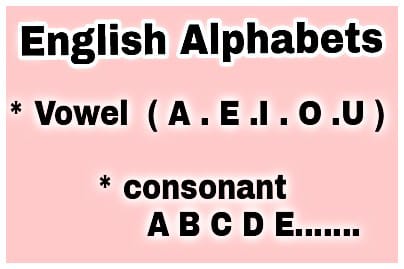10 types of noun | Noun Case
10 TYPES OF NOUN:
=>>> Let's discuss the 10 types of noun:
《Major types or groups》
*Proper noun
*Common noun
*proper noun:
A proper noun is a specific name for a particular person, place, or thing.
Proper nouns are always capitalized in English, no matter where they fall in a
sentence.
example: ( Friday , Pakistan , London, Quaid-e-Azam ).
*Common noun:
A common noun is a name of general type or non specific person, place , animal
or things. Example; ( night , chair , girl, planet )
《More types of noun》
*Concrete noun
•Collective noun
*Gender noun
*Abstract noun
*Compound noun
*Material noun
*Countable noun
*Uncountable noun
//// Definitions////
#Concrete noun:
Concrete noun is a name of thing which can be seen and
touched. e.g ( tree . Stone . Building etc )
#Collective noun:
A name which is
given to the group of things. Persons. Places. or animals is called collective
noun. e.g ( Army . class . herd. flock)
#Gender noun:
Gender noun has four types.
(Femenine noun. Musculine noun . Neuter Gender and common Gender)
(1)Femenine noun:
Femenine noun is a name for women . Girls and female animals. e.g ( girl. Bitch . Woman)
(2)Musculine Gender:
Musculine noun is a name for men and Male animals etc. e.g (
boy . John. Camel . Dog)
(3)Neuter Gender:
Neuter gender denote a name of things that is neithet male or female ( nueter mean neither male nor female.) e.g ( Table . Book .
Glass. Shoes)
*Common Gender:
A noun denoting an animal or either sex is said to be of common gender .
Like: }}}}}}
( student , Teacher , Doctor , friend , principal, baby , fish)
*Abstract noun:
Abstract noun is a noun which can not be seen .
Sensed and touched. ( idea . Valour. Love . Beauty )
*Compound noun:
When two
nouns meet with each other and make a new noun . e.g blackboard . ( black -
board ) Icecream . ( ice - cream ) Classmate . ( class - mate)
*Material noun:
Material nouns are name of material or substance which is used to make a new
thing. e.g ( Gold . Iron . Selver ) etc
*countable noun:
The nouns which can be
counted easily are called countable nouns. e.g ( chairs . Fans . Rocket ) etc
*Uncountable nouns:
Those nouns which can not be counted are called uncountable:
e.g ( water . Milk . Honey . )
( THE NOUN: CASE)
• Nominative Case:
When a noun or pronoun is used as the Subject of a verb is , it is said to be in the Nominative Case.
To find the nominative , put Who? Or What? Before the verb.
• Objective or accusative case:
When a noun or pronoun is used as the Object of a verb , it is said to be the Objective or accusative case.
To find accusative , put Whom? Or What ? Before the verb and its Subject.
A noun which comes after a preposition is also said to be in the accusative case;
As: The book is on the desk.
The noun desk is in the accusative case , governed by the preposition ON .
*Possissive case or Genitive Case:
The possessive case does not always denote possession. autIt is used to denote authorship , Origin , Kind etc
( FORMATION OF POSSESSIVE CASE)
(1): when the noun is singular , the possessive case is formed by adding '' S '' to the noun ;
As: the boy's book. The king's crown.
(2): When the noun is plural and ends in " S" , the possessive case is formed by adding only an apostrophe :
e.g;
Boys' college ;. Girls' school ; horses' tails.
(3) when the noun is plural but does not end in " S" the possessive formed by adding ( 's) .
e.g: women's club. Children's book.






Comments
Post a Comment
Comments for this blog are held for moderation before they are published to the blog.